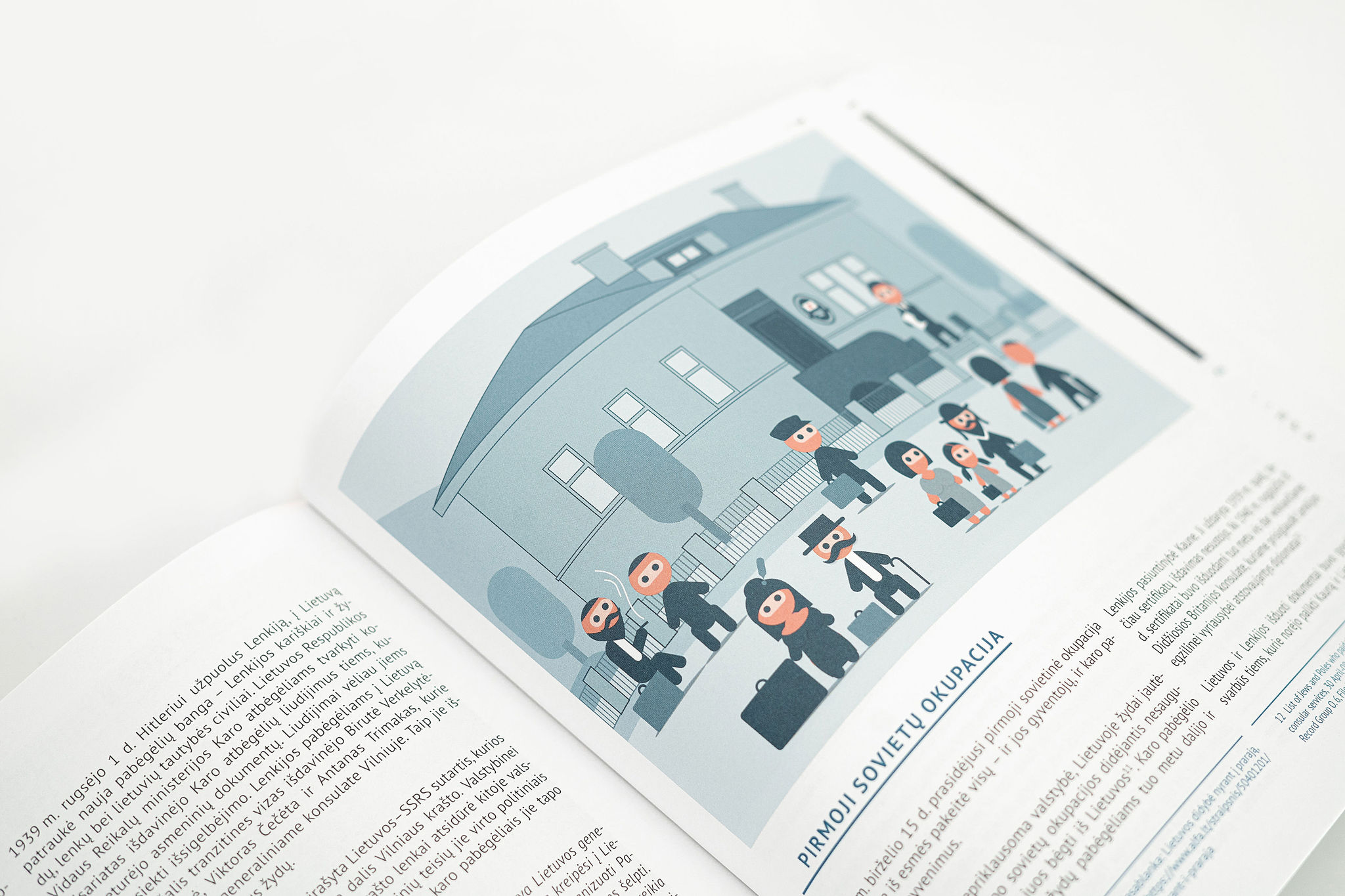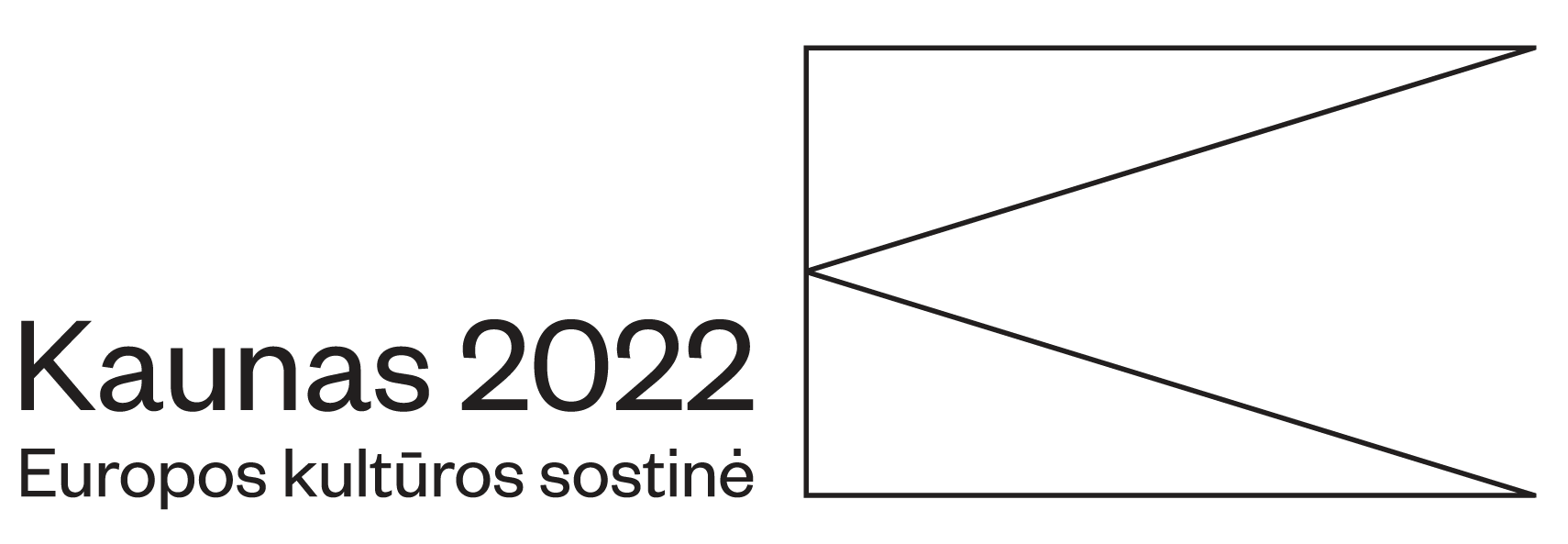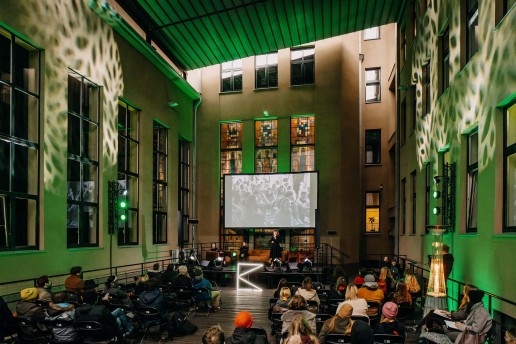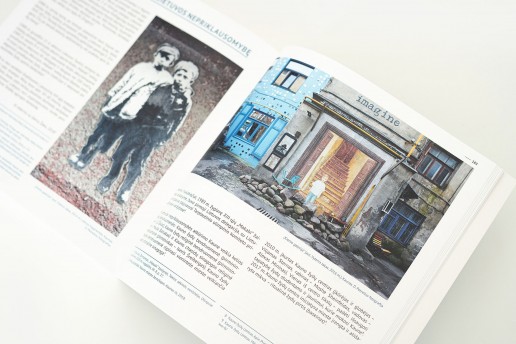800 Artists and Performers in 50 Locations for the Official Opening of Kaunas 2022
In Kaunas, on January 19-23, 2022, culture will be inescapable. The city and the district surrounding it will officially become the European Capital of Culture. The opening weekend events, culminating with Act I of the Trilogy of the Contemporary Myth of Kaunas, will turn the city into one big European stage and set everyone’s mood for the year-long cultural marathon.
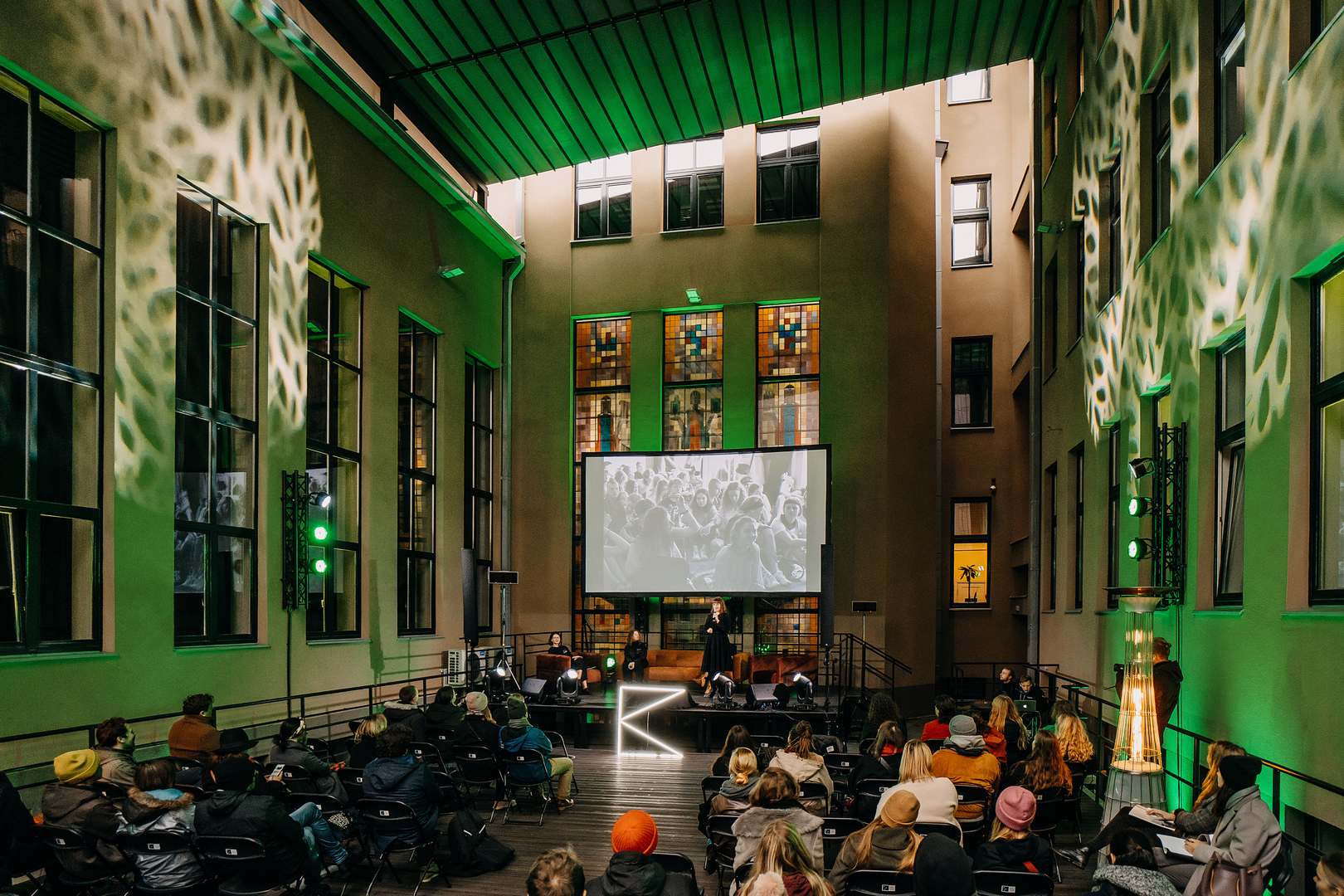
So far, no city has tried to change the course of its life by creating a new myth. The Beast is a metaphor, a cultural allegory that raises questions about the Beast in the city and inside its residents. Three main events of the European Capital of Culture, the Trilogy of the Contemporary Myth of Kaunas, are the Confusion, revelation and contract with it. Act I of the trilogy, called The Confusion, will highlight the first weekend of Kaunas 2022.
‘The Confusion’s formula includes 30 different performances spanning 50 locations in Kaunas and Kaunas district – and 800 artists and performers from Lithuania and abroad,’ Aistis Lansbergas, Technical Producer of Kaunas 2022, presents one of the most ambitious events in his career.
The Confuison will start in Kaunas District on January 19 and move towards the centre of Kaunas in light circles. The act will reach its peak at 7:30 pm, January 22, 2022. During the weekend surrounding the big moment, between January 19 and 23, more than 100 events, including premieres, exhibitions, concerts and spectacles, will take place, all connected through the new myth of Kaunas and the Confusion of the Beast.
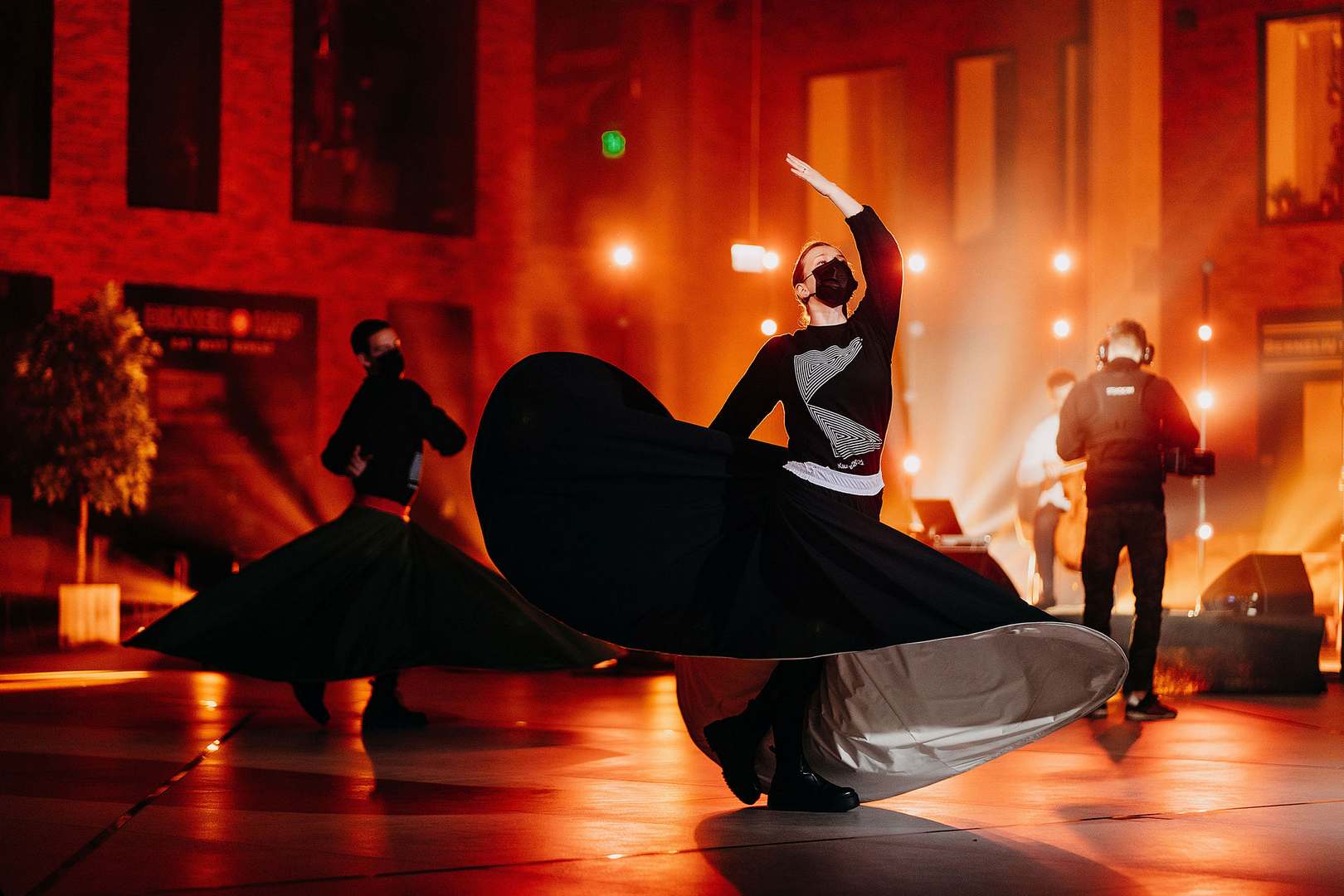
‘The after-show events in the city of Kaunas are all ‘incorporated’ into a city game – we will invite the audience to play with us and look for traces of the Beast of Kaunas. I think this is like no other ECoC opening, where a city game structure is used to introduce audiences and citizens to the events and themes coming up during 2022,’ says Chris Baldwin, the director of the grand trilogy of Kaunas 2022.
‘The event will clearly be unique in so far as we have planned, designed and rehearsed the event during a pandemic which has not allowed us to see one another very much, and where we were completely unsure of the restrictions which would be in place in January 2022. We are very proud and excited to have created an event that is multi-layered and almost pandemic-proof! In other words, the main show could happen even if we face (hopefully not) very stringent controls regarding public congregations. It is contemporary, digital, yet live, international and participatory, Designed as much for a mass live audience as for an international TV audience,’ reveals Baldwin.
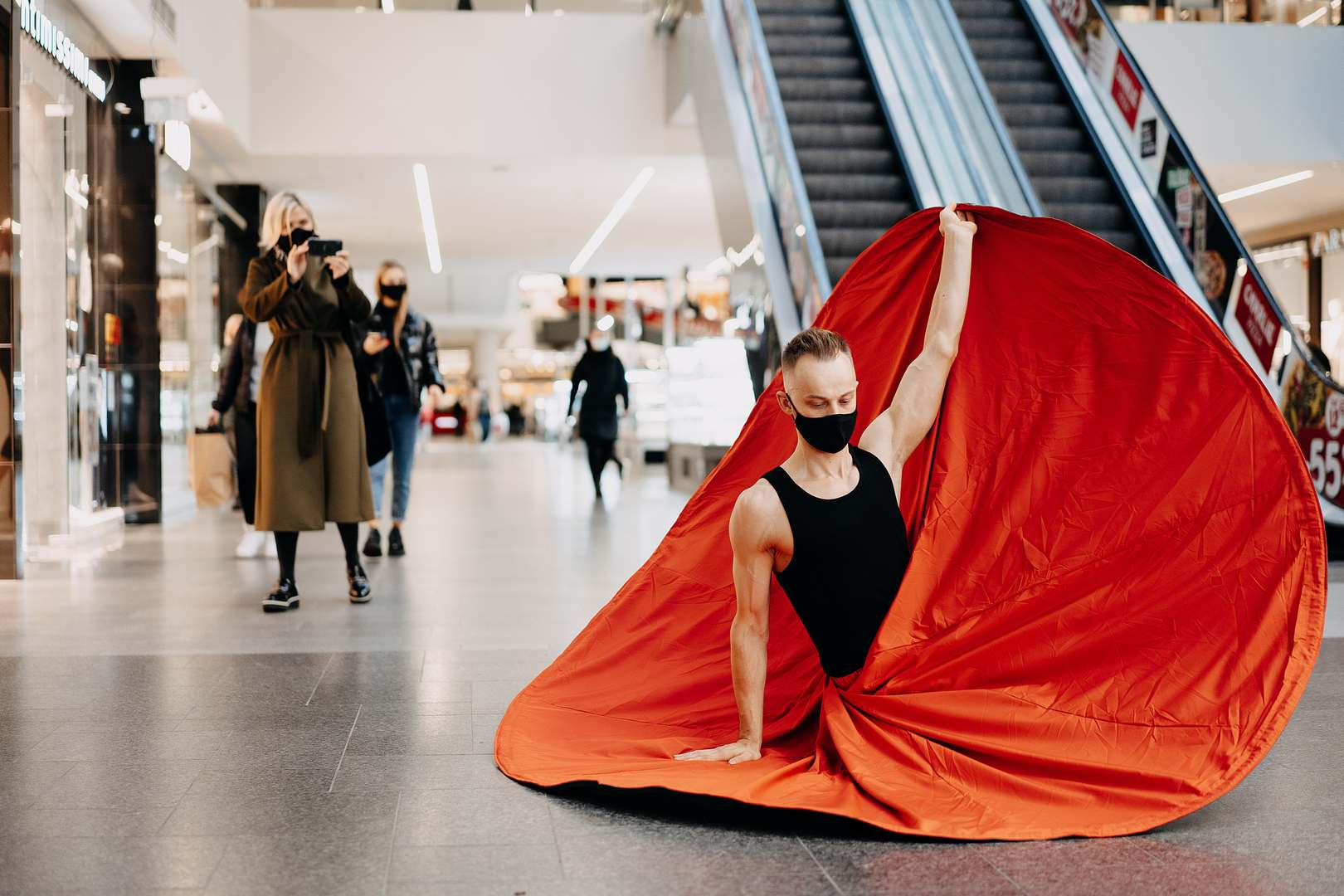
The rich program of the opening weekend has been tightly knit by the dense network of Kaunas 2022 partners. The list includes theatres, museums, galleries, communities and other artistic and cultural initiatives from Lithuania and abroad. Novi Sad and Esch, the other two European Capitals of Culture 2022, are also coming to say hi! Perfect planning, as numerous concerts, installations and exhibition openings will occur in Kaunas on the 4th weekend of January, including That Which We Do Not Remember by William Kentridge and Ex It by Yoko Ono. It is the very same weekend when all of the programmes of Kaunas 2022 will present their key themes and events for the whole year.
Kaunas and the surrounding Kaunas district are ready to become one big European stage next year, offering over 1000 events. More than 40 festivals, 60 exhibitions, 250 performing arts events (of which more than 50 are premieres), and over 250 concerts are planned to take place in 2022. All this is delivered by Kaunas 2022’s team of 500 people, alongside 80 local and 150 foreign partners. 140 cities in Lithuania and the world, 2,000 artists, 80 communities, and 1,000 great volunteers.
Full programme
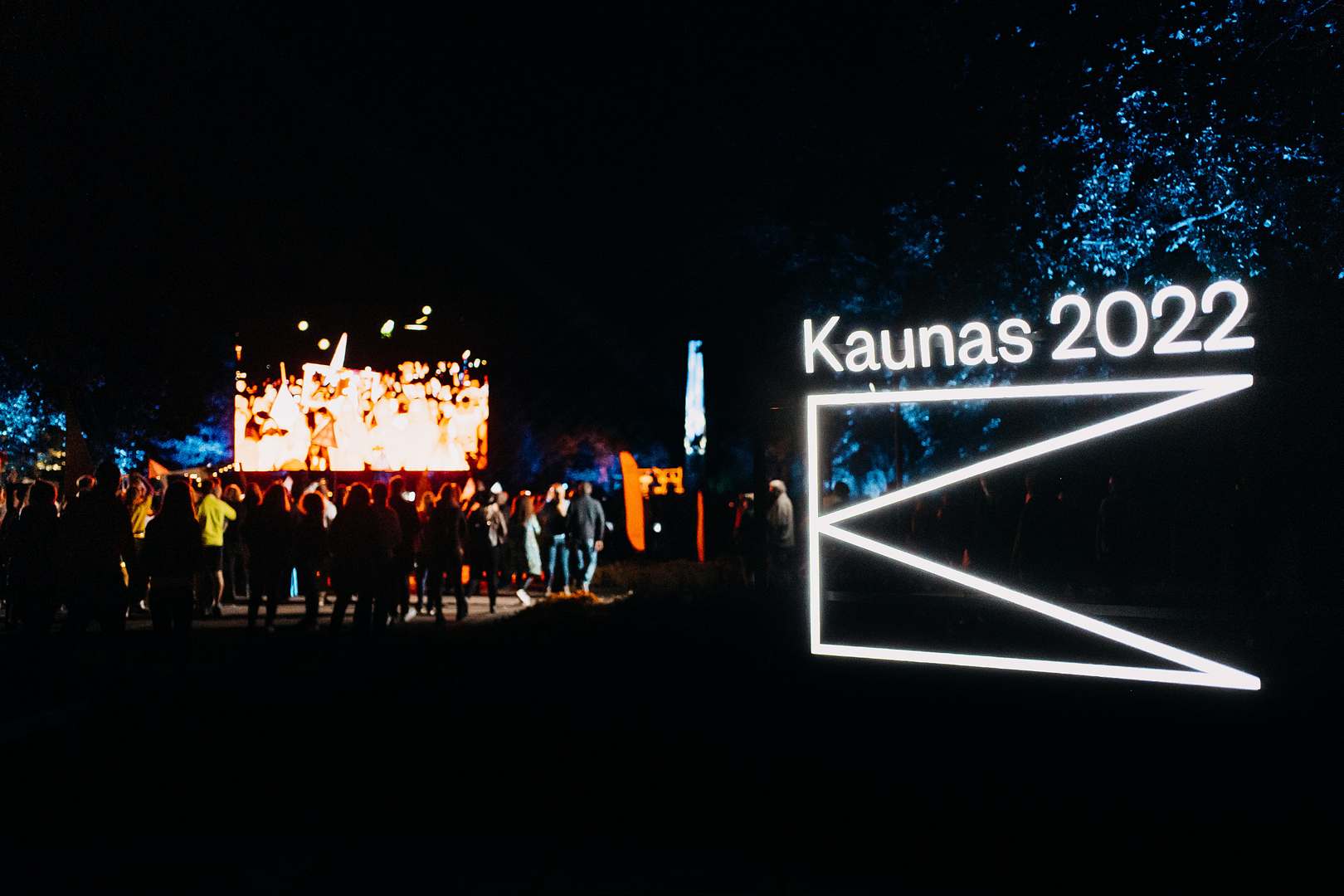
Discover the Rich Mosaic of the History of Kaunas Jews in a new Book
Do you know which company in Kaunas manufactured radios called Tautofonas, or the Folk’s Radio, in the interwar period? As the press then stated, they were “no worse than foreign”, according to the media at the time! Have you heard that the popular tourist attraction in Kaunas, the Napoleon Hill, or the mound of Jiesia, once called the Jewish Mountain? And have you ever come across the fact that Herman Perelstein, the founder of the legendary boys’ choir Ąžuoliukas, once lived in one of the most beautiful houses in Kaunas on Vytautas Avenue?
These and hundreds more interesting historical facts, still covered with thick layers of memory paint in everyday life of Kaunas, are revealed in the new book “The Jews of Kaunas”. The publication was initiated by the Memory Office, one of the key programmes of the Kaunas – European Capital of Culture 2022 project, has been published in Lithuanian and English.
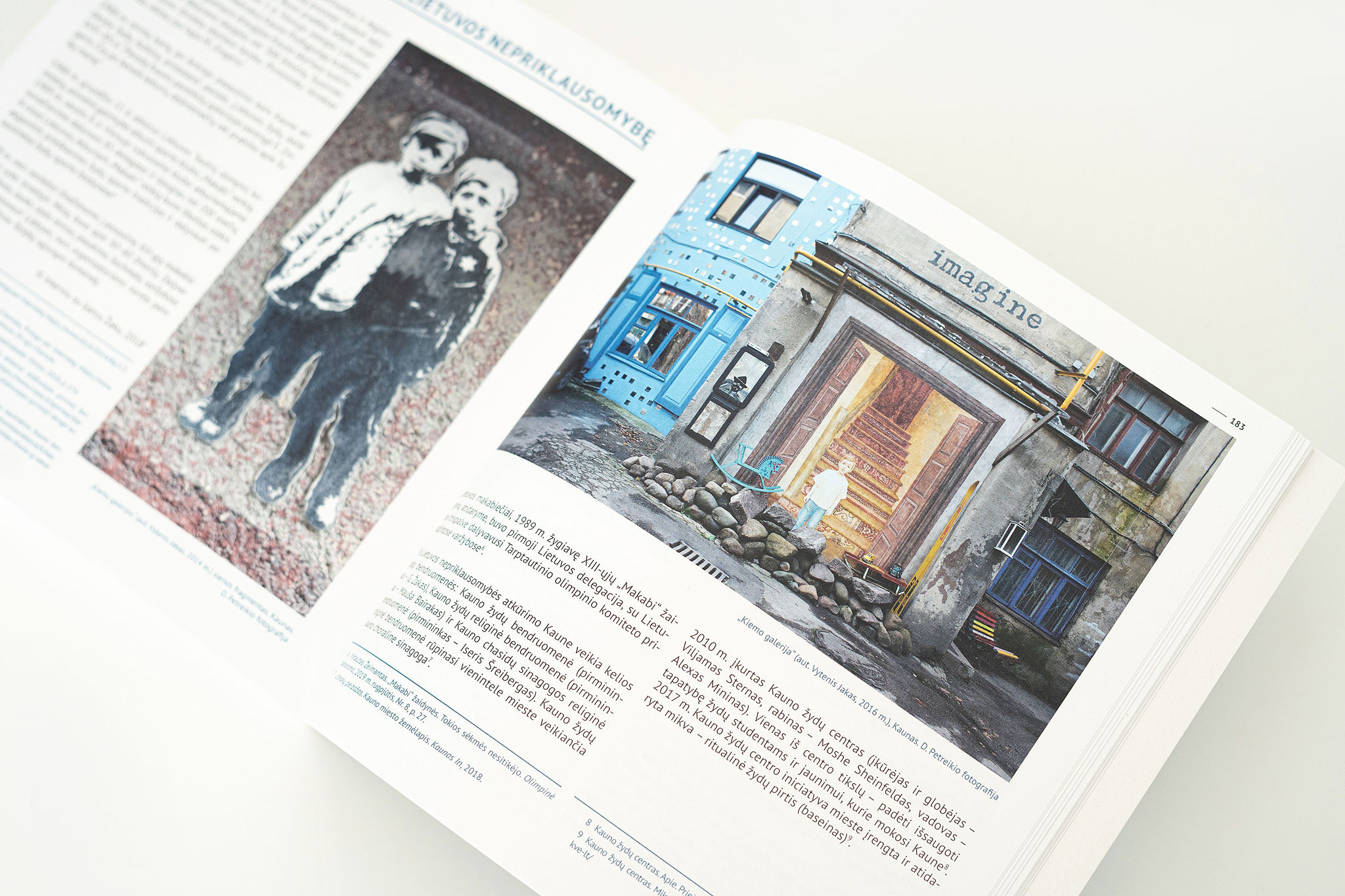
Like other projects organized by the Memory Office, including the CityTelling festival, the book attempts to understand the city’s complicated past, rekindle its multi-ethnic memory, and remember the names and accomplishments of the people of Kaunas and their contributions to its history. It is also an endeavour to include the history of the Jews of Kaunas as an inseparable part of the city’s overall history.
“I am positive that facts, dates and names are not enough to tell the story well. To genuinely understand how people lived 50 or 150 years ago, we need to comprehend how they thought, felt, and saw the world. That is why we have included numerous quotes and memories from historical sources. These inserts are witnesses to time, adding life, breath and colour to the big picture,” says Dr Daiva Citvarienė, curator of the Memory Office programme. She compiled “The Jews of Kaunas” together with the historian Arvydas Pakštalis.
While the Jewish history in Kaunas is more than 500 years old, the book is only a couple of hundred pages. “We remember the most important names of Kaunas residents who lived and worked here, their contribution to education, culture, medicine, industry, business and other areas of life; we also touch on the painful pages of history. I hope that the book will inspire further research,” stresses D. Citvarienė, who believes this story is just beginning to be written. According to the art critic, the book was warmly welcomed by the Kaunas Jewish community. There is also no doubt that it will become a relevant souvenir for the guests of the Capital of Culture who will attend the events of Kaunas 2022 next year, such as the World Litvak Congress.
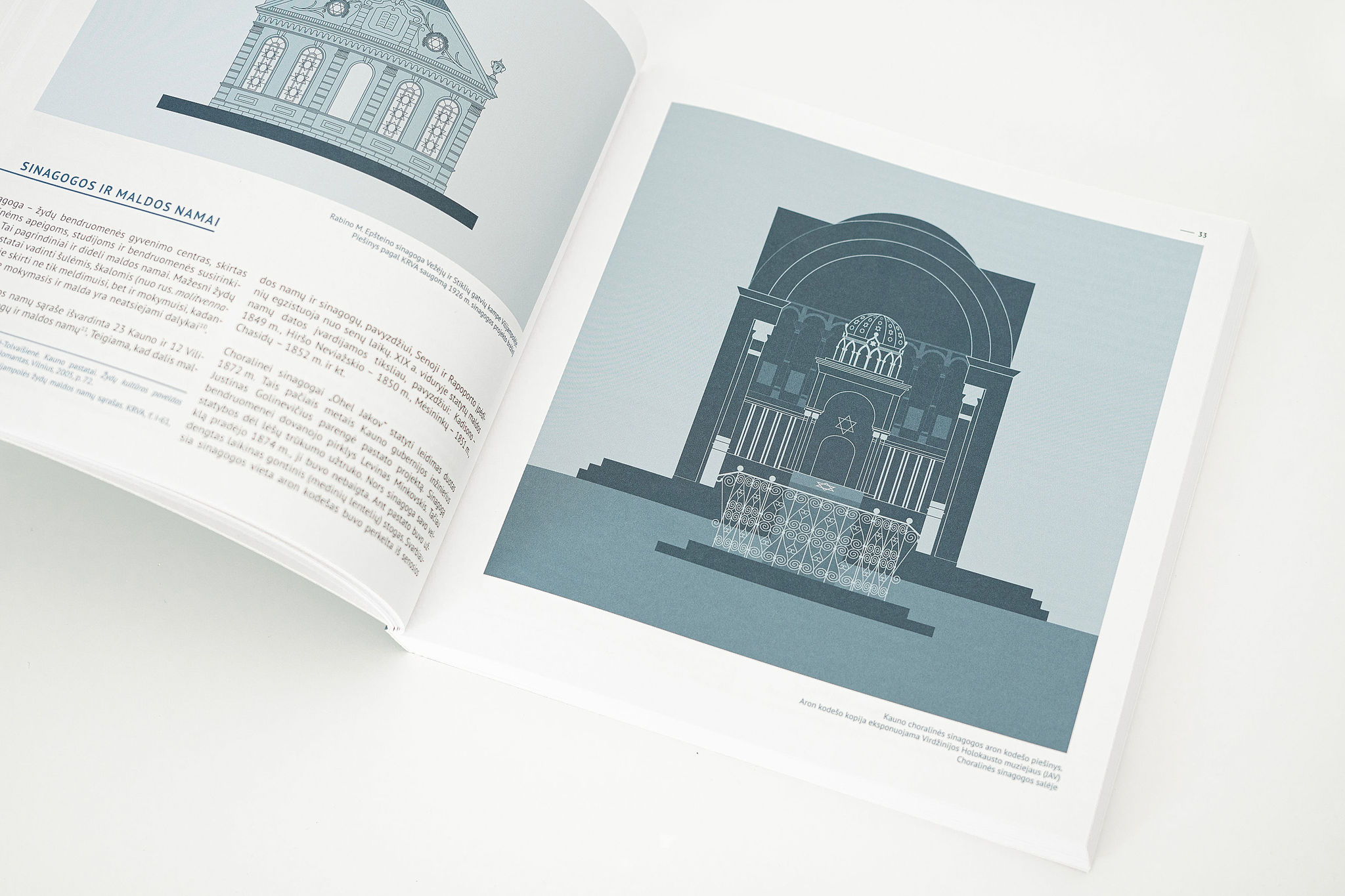
The selection of texts exploring various epochs and areas of life is generously illustrated by documents, photographs, and other archival material and unique illustrations. They were done by designer Darius Petreikis, the author of the mascot of the Kaunas 2022 project, the Beast of Kaunas.
“History can be interesting, and it can be presented in a playful manner. We’re speaking about a period of several hundred years about the community’s culture, traditions, and customs. We wanted to tell that story lightly, with a pinch of humour. After all, Jewish history is not just about the Holocaust. It’s so much more, it’s centuries of culture, traditions, customs,” D. Citvarienė invites everyone to open “The Jews of Kaunas”.
The book “The Jews of Kaunas”, published in Lithuanian and English, will be available at the Kaunas 2022 office (Laisvės Ave. 36, Kaunas) and the Kaunas IN Tourism Information Center located at Kaunas City Hall (Rotušės Sq. 15, Kaunas) in the nearest future.
